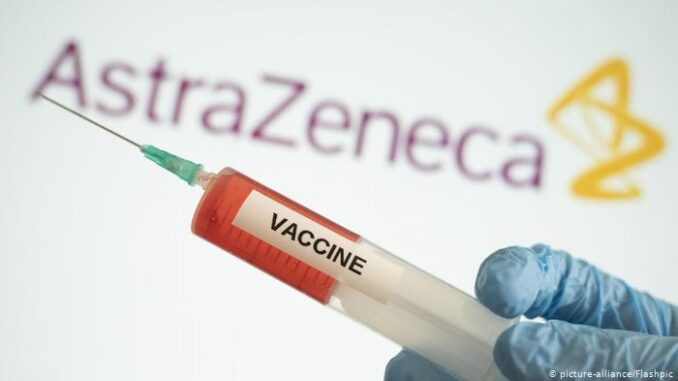
South Africa has finally found an outlet for its unused AstraZeneca vaccines after it received one million doses in early February by an Indian laboratory and after it ordered 500,000 additional doses.
At the beginning of the month, the authorities had made the radical choice to dismiss AstraZeneca on the basis of a local university study, despite its small scale. The findings of the university study have cast doubt on the effectiveness of the vaccine on the South African variant, which is present in more than 90 percent of cases detected in South Africa today.
Since then, South Africa did not know what to do with its vaccines. All scenarios were discussed: reselling the doses on a case-by-case basis, exchanging them or sending them back to India? with this ultimatum in mind: by April 31, the vials will be considered expired. Cutting short the speculation, the South African Minister of Health presented the government’s solution to parliamentarians.
“The AstraZeneca doses we purchased have been made available to the African Union platform we belong to and will be distributed to countries that have expressed an interest in the vaccine and are not concerned about the challenge of this variant. This way there will be no waste and unnecessary expenditure,” he explained.
The purchase of the AstraZeneca vaccine doses cost South Africa nearly seven million euros. It was not clear how the vaccine would be made available to the African Union.
The African Union is relying heavily on Oxford-AstraZeneca vaccine. More than 400 million doses have been secured for the continent.
